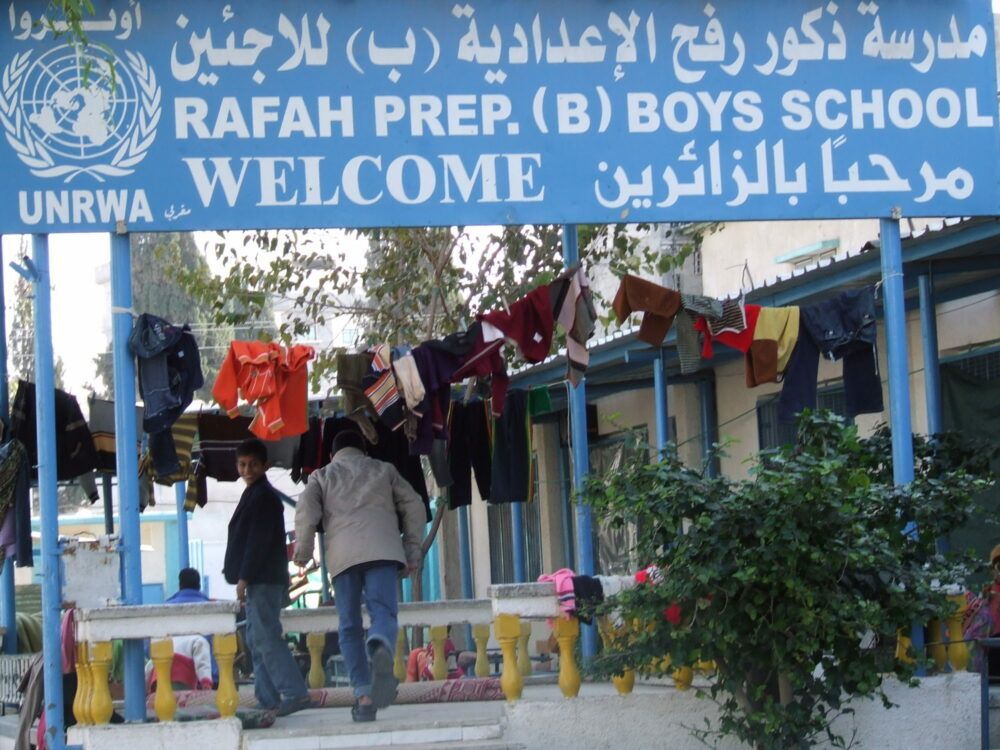More than 1 million people in Gaza are at risk of running out of food less than a year after the United States announced it would no longer contribute aid to Palestinians.
"At a time when Muslims around the world are observing the holy month of Ramadan, often characterized by the festive nature of its Iftars, in Gaza, more than half the population depends on food aid from the international community," , the U.N. relief agency for Palestinian refugees said on Monday.









